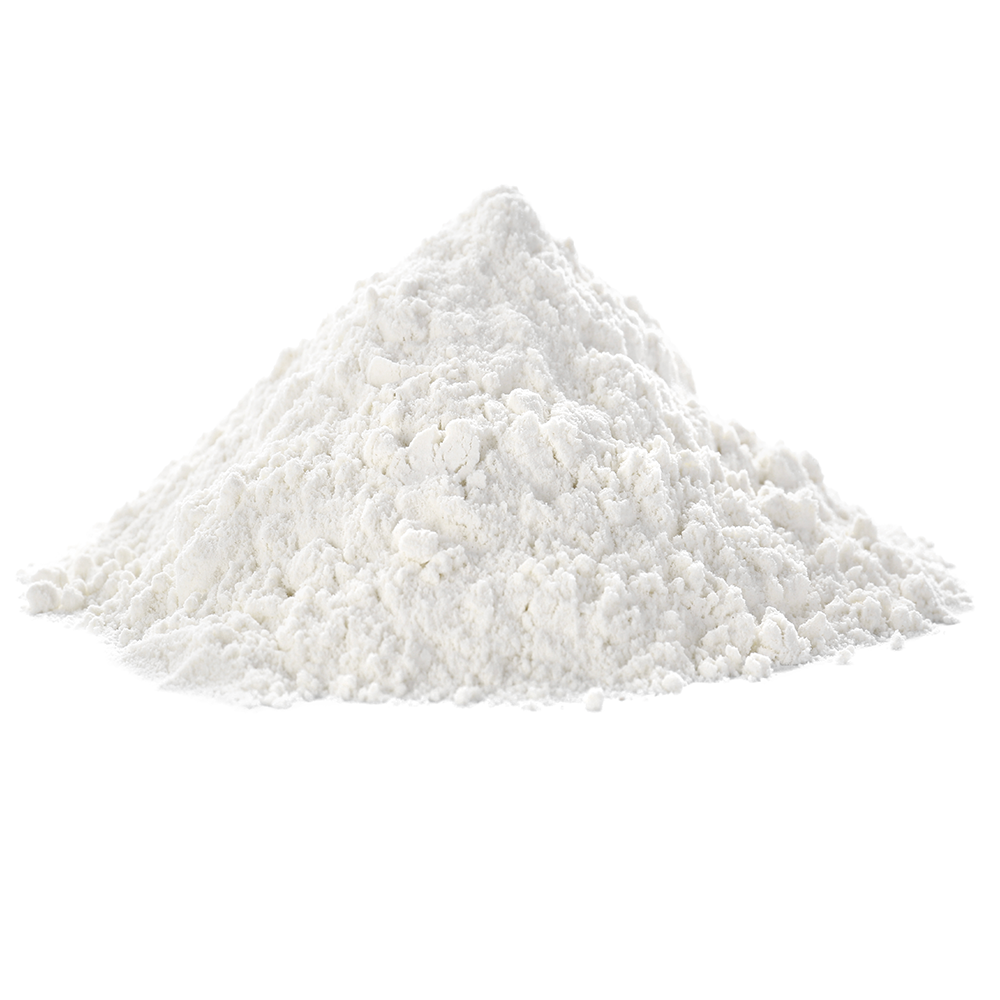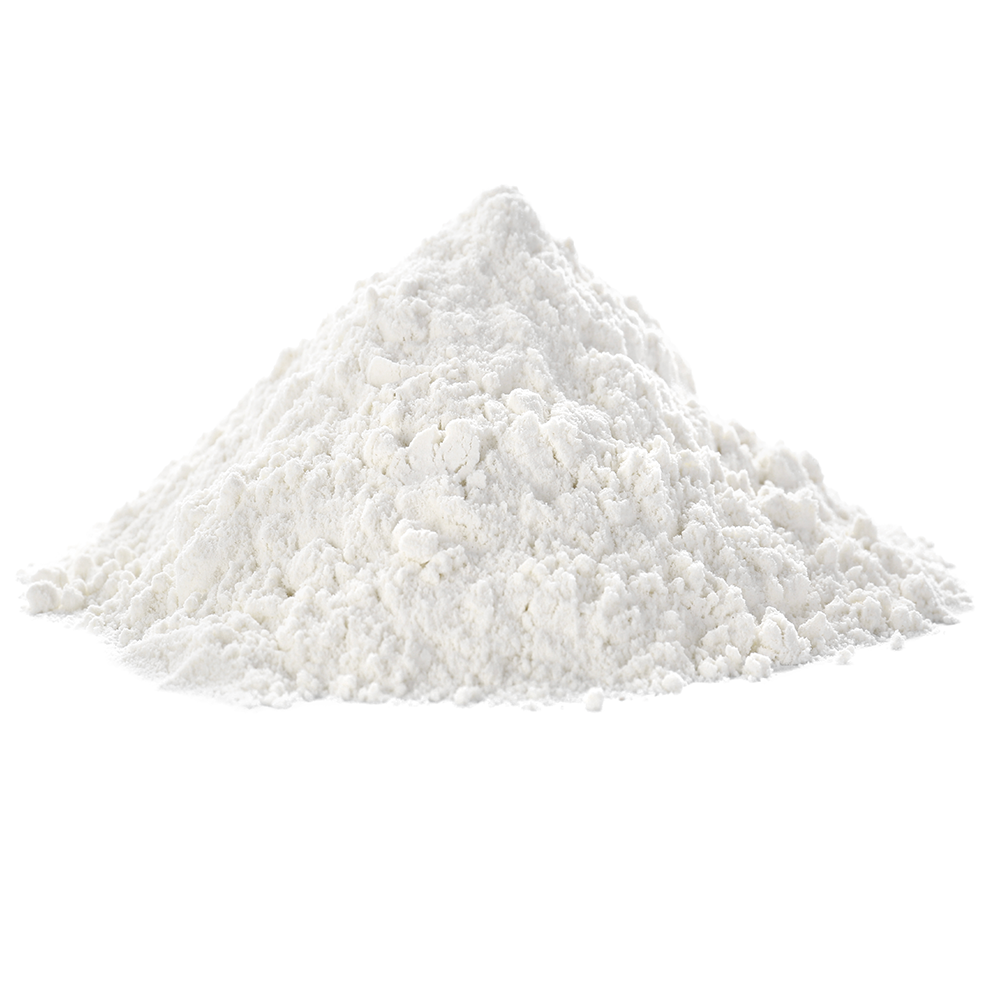In the world of supplements some vitamins get all the glory. For example, star-studded B12 is buddying up with celebrities as the “Hollywood hangover cure”. It is having B-12 injections with the Kardashians and hanging out with American Idol’s Simon Fuller while he is on a B-12 IV drip. Meanwhile lonely little B3 is collecting dust in the BOGO bin at your local pharmacy. The time has come for B3 to have its day in the sun.
The benefits from Niacin form a copious list including digestion support, promoting joint health, lowering blood pressure and managing migraines1. As part of the family of the eight B vitamins, Niacin (vitamin B3) enables over 400 biochemical reactions in your body. Its main function, without boring you to tears with scientific jargon, is to aid in the process of converting the nutrients from your food into energy. This is an especially important when looking at your health holistically.
Potential Benefits
There is a long list of potential benefits from receiving a healthy amount of Niacin from your diet or from a supplement. The recommended dose of Niacin for an adult women is 14mg a day and for men its 16mg. Here are some of the potential benefits that have been reported from receiving the proper dose of Niacin each day:
- Increase in good cholesterol, decrease in bad cholesterol2
- Lower blood pressure
- Promotes joint health
- Clear skin
- Help with Migraines
- Improvement in mental health
As mentioned above the main job of Niacin in your body is to convert the nutrients from your food into energy. If you are deficient in Niacin gastrointestinal issues may arise from improper digestion. Niacin has also been known to protect your skin from sun damage. As a society we have become aware of the damage that overexposure to the sun’s UV rays can cause. Although the vast majority of us no longer rub baby oil over our skin, bake in the sun for hours while holding a reflective trifold in front of our faces (we hope not anyway). Niacin is still be helpful as an additional defense against skin damage.
Niacin Deficiency
Niacin deficiency is not as common in the Western countries of the world with a few exceptions. Malnourishment is usually the main cause for a Niacin deficiency. The groups of people who would be at risk are HIV/AIDS patients, those who suffer from alcohol abuse, anorexics, patients with liver failure and those who live in poverty and can’t afford nutritious food.
Symptoms of Niacin deficiency are:
- Memory loss
- Fatigue
- Depression
- Vomiting/ Nausea
- Bright red tongue
- Discoloration of the skin
- Loss of appetite
At times we might read an article about a particular vitamin or supplement that has many benefits, then jump on Amazon to order a three-month supply without carefully reading the recommended dosage. Each person’s body composition is different and we all have unique dietary needs. Making sure you check with your doctor before adding a supplement to your diet is always recommended. High doses of Niacin can cause harsh, unwanted symptoms such as3 :
- Abdominal pain
- Rapid Heartbeat
- Vomiting /Nausea
- Diarrhea
- Gout
- Liver Damage
Not a fun day at the beach! Niacin is often part of a multivitamin and is found in many foods, but it’s a water-soluble vitamin which is not stored in your body. This makes it important to consume food or take a supplement of Niacin on a regular basis to replenish this vitamin. Some foods that have an abundance of Niacin come from animal products such as chicken, turkey, liver, fish and ground beef.
For those who are vegetarian or vegan a good source of Niacin would be brown rice or avocados. Whether you find that your diet already contains food that has a beneficial amount of Niacin or that adding a Niacin (B3) supplement also known as Nicotinamide may be your best path to a balanced diet, getting the recommended dose of Niacin each day is essential.









